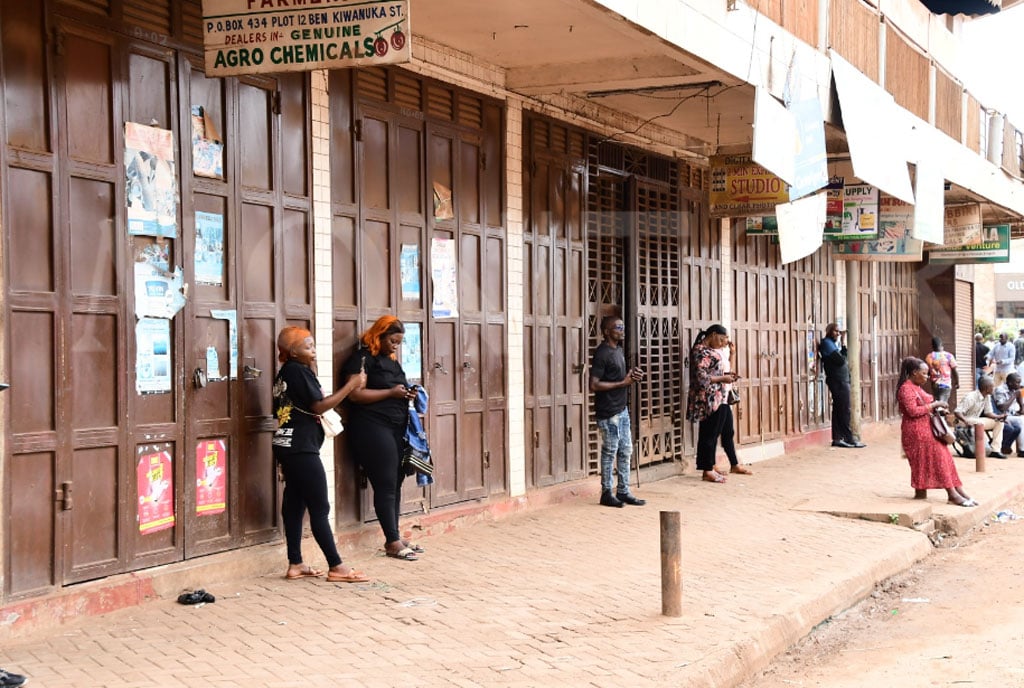Prime
Watch maker Rolex applies to protect its interests in Uganda

It is highly likely that the mention of rolex in Uganda will, to many, be interpreted to mean a roll of chapatti, rolled over fried eggs, tomatoes and onions. Photo / Edgar R Batte
What you need to know:
- Rolex's move will have not impact on the local delicacy of chapatti rolled over eggs, tomatoes and onions, which is popularly known as rolex, according to legal experts
If you live or have lived in Uganda, it is highly impossible that your mind will think of a watch when the word rolex is thrown around in a conversation.
Well, it also matters who is listening, otherwise, it is likely that what comes to mind is a roll of chapatti, rolled over fried eggs, a bit of tomatoes and onions or cabbages.
Yes, that is how deep the rolex lingua has been Ugandanised, and probably Rolex, the Swiss maker of luxury watches, thought it right to protect its intellectual interests, lest, the brand gets lost in the mix of a fried dough of floor, eggs and tomatoes or cabbages.
According to the May Uganda Gazette, the high end watch maker, has applied to obtain intellectual property rights over a number of its innovations, among which include clocks and watch making articles, accessories for watching making such bracelets and straps and watch movements and parts.
These, and others, are innovations of interest, which in any case, might have no similarity to a roll of a fried dough of floor, rolled over eggs, tomatoes or cabbages.
The Uganda Gazette publishes notices that have legal implication, government declarations and supplements, bills, statutes and statutory instruments, among others.
However, the application shows no connection to the usage of the name or word rolex or the desire to protect Rolex as a brand name.
Currently, Uganda is marketing rolex as a local delicacy and is being used to woo tourists.
Intellectual property rights and legal experts interviewed for this article, say the application has no or very little consequence to rolex, the meal.
Indeed, this is emphasised by Uganda Registration Services Bureau (URSB), which says the two have no correlation. One is a meal while the other is a luxury accessory.
“We do thorough examination to determine whether there will be confusion in the mind of consumers. We make sure that the products or brands are clearly distinguishable, says Mr Gilbert Agaba, the URBS director intellectual property registration.
Patents seek to protect inventions, processes, or scientific creations, while trademarks protect brands, logos and slogans, from unauthorised third party usage.
In there, is also copyright, which protects original works and innovations.
“All the three provide a legal shield against copycats trying to steal or make a quick buck off your idea, brand or innovation,” Mr Agaba says.
Similarly, Mr Angualia Busiku, a legal expert with specialty in trademarks, says the two rolexs – the meal and the watch - are different products, thus, “there shouldn’t be a big deal about it [application].”
Actually, he says, the two will co-exist, given that they both have different target markets and make-up.
Otherwise, legal experts suggest, the Swiss luxury watch makers could be positioning itself for future business or simply working on a strategic move to protect its brands across the globe.
Uganda Tourism Board, which has been using rolex to market destination Uganda, says they will consult to understand the legal implication on one of Uganda’s most internationally recognisable meals.



